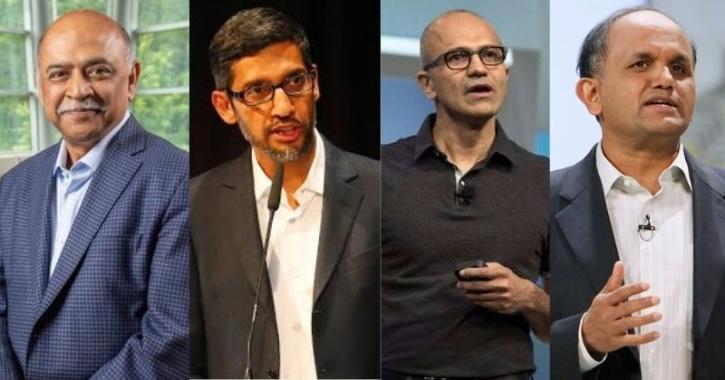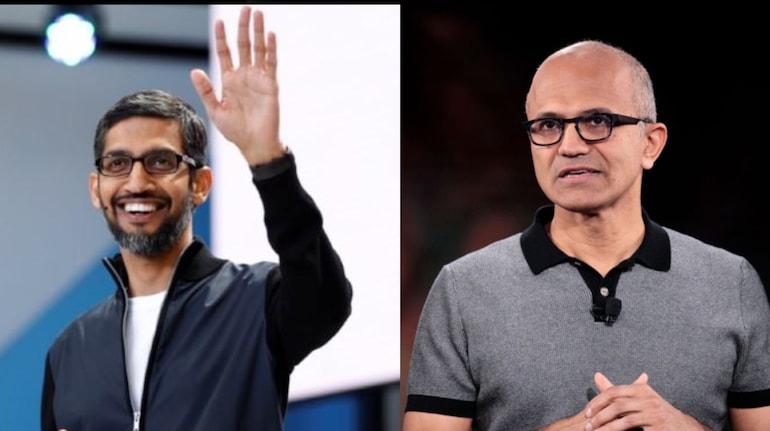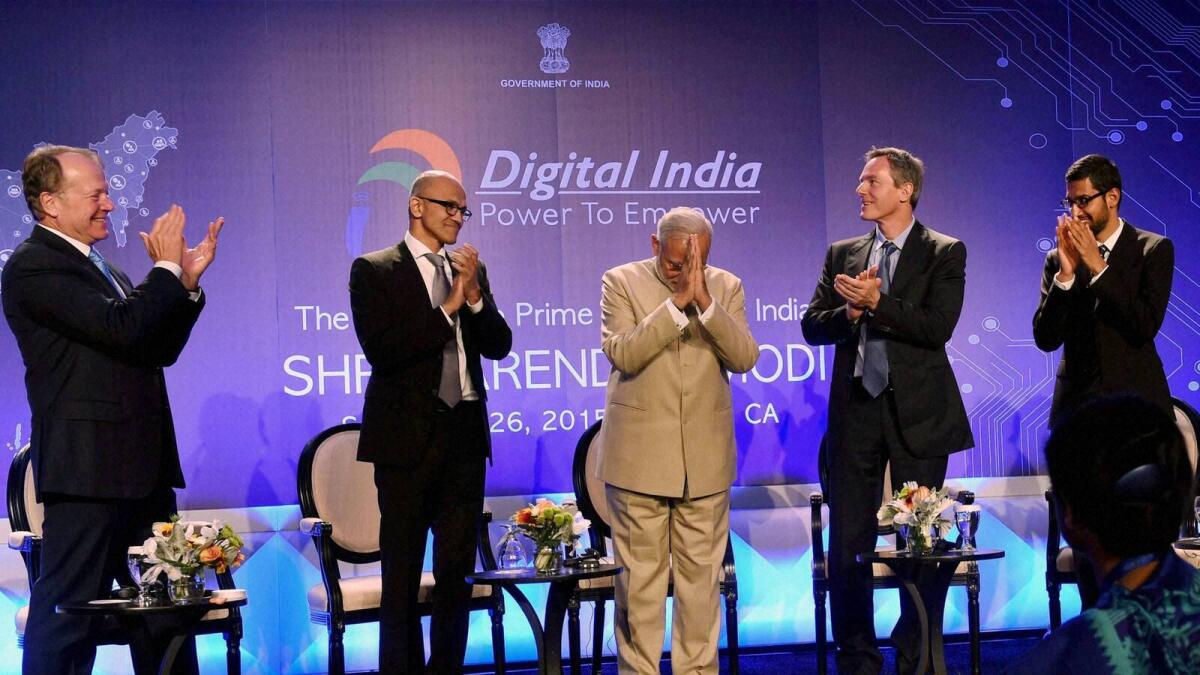Tech, startups are best in India: Global CEOs

Tech, startups are best in India: Global CEOs
Technology: It is fitting that the former Indian President used these words to describe the rise of Indians from remote villages to become CEOs of major multinationals. Indians have led many tech companies over the past few years, including IBM and WeWork, the leading coworking companies in the world.
Throughout the new decade, Indians have been given leadership roles by tech companies, from Google appointing Sundar Pichai as its CEO to Microsoft appointing Satya Nadella as its CEO.

In the latest round of CEO appointments, IBM and WeWork have appointed Arvind Krishna and Sandeep Mathrani. Despite some serious doubts about WeWork’s status as a tech company, the new appointments cement Indians’ dominance in the global tech world. WeWork chose Mathrani to help solidify its position in the market because of these concerns.
Several factors have been identified as contributing to this trend, including the fact that Indian CEOs have the patience to learn and grow within their organizations. Krishna, for example, has only worked for IBM for over 29 years. Microsoft’s new CEO, Satya Nadella, also worked at the company for over two decades before he was appointed.
Before becoming Google’s CEO, Pichai worked first as a product manager, then as an executive.
The brain drain has been blamed on India’s technology economy lagging behind that of its western counterparts by many Indian startup entrepreneurs and investors. Indian scientists and engineers have migrated to the US by 85% in the last 10 years, according to a 2015 report by the US National Science Foundation. Indians still celebrate when a fellow Indian becomes CEO, despite the brain drain issue.
At an event organized by Indiaspora on Wednesday, the CEOs spoke about the power of the diaspora in inspiring and enhancing the lives of people around the world.
Many global companies, such as Singapore’s DBS Group, Canada’s Fairfax holdings, and the Apollo chain of hospitals, said that India is a great place to invest in technology and start-ups because of its business-friendly policies and plethora of talent.
The future of India lies in investments. According to Prem Watsa, CEO of Fairfax group, a Toronto-based financial holding company, “growth is phenomenal.”
At an event organized by Indiaspora on Wednesday, the CEOs spoke about the power of the diaspora in inspiring and enhancing the lives of people around the world.
As the founder and chairperson of Indiaspora, MR Rangaswami said, the event was dedicated to increasing the number of Indians living abroad outside of the traditional diaspora countries. 30 million Indians live in places like Trinidad, Ghana, and Fiji. I hope to be a force for good and help connect people in India with those around the world,” he told Hindustan Times.

Indianapolis’s executive director, Sanjeev Joshipura, explained that the non-profit organization aims to increase social awareness, increase entrepreneurship, and connect diaspora entrepreneurs with Indian entrepreneurs at home. This event aims to connect diaspora leaders with local Indian entrepreneurs. The Indian office is also being launched at the same time,” he told HT.
During the panel, panellists discussed ‘what makes Indian entrepreneurs great’.
Alphabet, Twitter, Microsoft, Adobe, and Microsoft are among the top multinational companies worldwide headed by Indian-origin CEOs.
A Singaporean multinational banking and financial services corporation, the DBS group, said that Indians have two things going for them: demographics and English proficiency. There is a sense of hunger across the Indian diaspora, he said. Additionally, most business transactions are conducted in English, the language in which most business transactions take place.”
The dedication of Indians, as well as their tenacity and capacity for jugaad (innovation), ensures that they reach their goals, Gupta said.
Kapil Dev, a former Indian cricket captain and World Cup winner, gave the keynote address.
Shobhana Kamineni, the executive vice-chairperson of the Apollo Group, said that Indians are fantastically driven and capable of taking risks. She stated that “India’s technological growth, especially during Covid-19, has made the country more relevant to several countries in the health sector.” The possibilities are limitless.
Geopolitical tensions and nationalistic sentiment in different parts of the world also posed questions to the panellists. “Globalization has become much more pronounced after Covid-19,” said Piyush Gupta. “India’s reputation as a technological powerhouse continues to grow. There will be no stopping this. Data localization should not be subscribed to.”
As a result of tensions with China, India is being offered an alternative. Specifically in the technology sector, this opens up a supply chain for India, Gupta said. As you can see from the automobile and semiconductor industries, India may just be able to achieve its Atmanirbhar Bharat goal.”
In his view, online consumption accounts for a significant part of the GDP. DBS CEO said the digital world offers a variety of services, from education to financial services.
Business opportunities in India are endless, according to Watsa. The Indian government has a business-friendly policy. It has already created about 100 unicorns. In four to five years, Fairfax plans to double its investment in India to $7 million.
Asked whether he is interested in privatizing public sector banks, Vatsa said he is excited about the possibility but has not yet begun the process.
edited and proofread by nikita sharma





